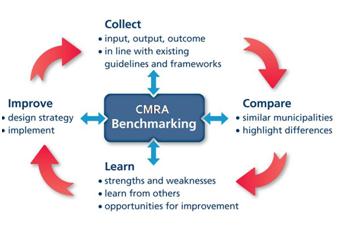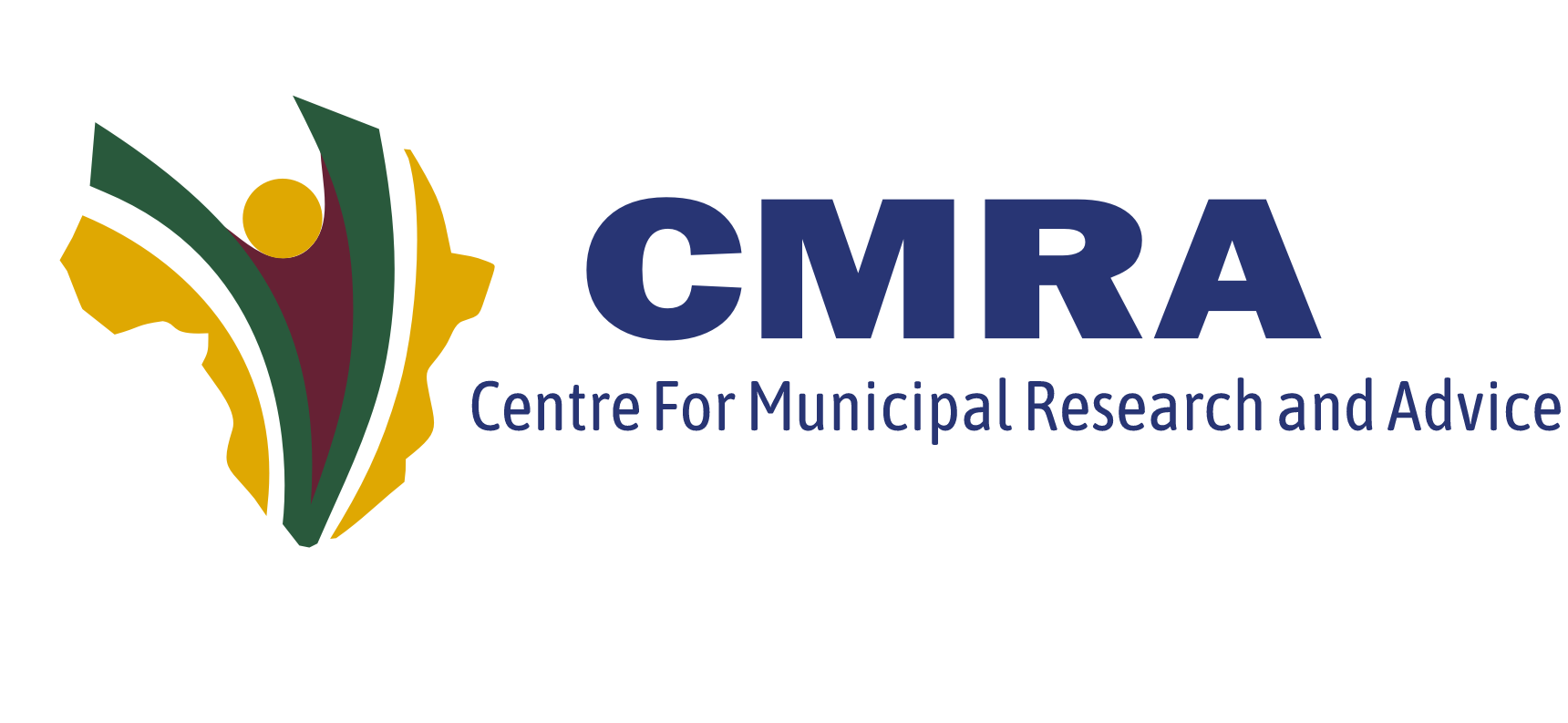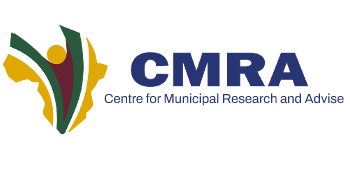Business Climate Benchmark at Local Level


Business Climate Benchmark project was awarded to Centre for Local Capacity Building (CLCB) by the Dutch Embassy in South Africa in 2015. CLCB in turn sub-contracted CMRA to assist with the implementation of the project. This project follows the CMRA Benchmarking model which involves gauging the business climate of selected South African municipalities with the hope of assisting businesses from the Netherlands to invest in South Africa. Other partners in the project include South African Local Government Association (SALGA), VNG International and South Africa Netherlands Chamber of Commerce (SANEC).
CMRA Benchmarking Model
The model consists of four stages: collect, compare, learn and improve:
Collect: In the collect stage information on the performance of participating organisations is collected. The indicators of the benchmark focus on the elements in the policy cycle. Indicators are aligned with guidelines, frameworks and legislation relevant to the topic of the benchmark.
Compare: The next step is the compare stage in which the results of the participating organisations are being compared. To be able to compare, an objective report is developed that reflects the achievements of the organisations.
Learn: The learn stage focuses on why participating organisations differ. To be able to identify the reasons for the differences, participating organisations meet physically or online to discuss the results. During these meetings the participants learn, they get insight into their strengths and weaknesses and learn from organisations that do perform better. The participating organisations learn how they can improve their performance, with implementable recommendations. Because learning takes place through peer exchange, benchmarking ensures that participants find tailor made solutions.
Improve: After the learn stage, participants have a clear view of their achievements, weaknesses and the possibilities for improvements (good practices). In the improve stage, participating organisations realize improvements within their organisation based on the facts and ideas learned in the benchmark.


